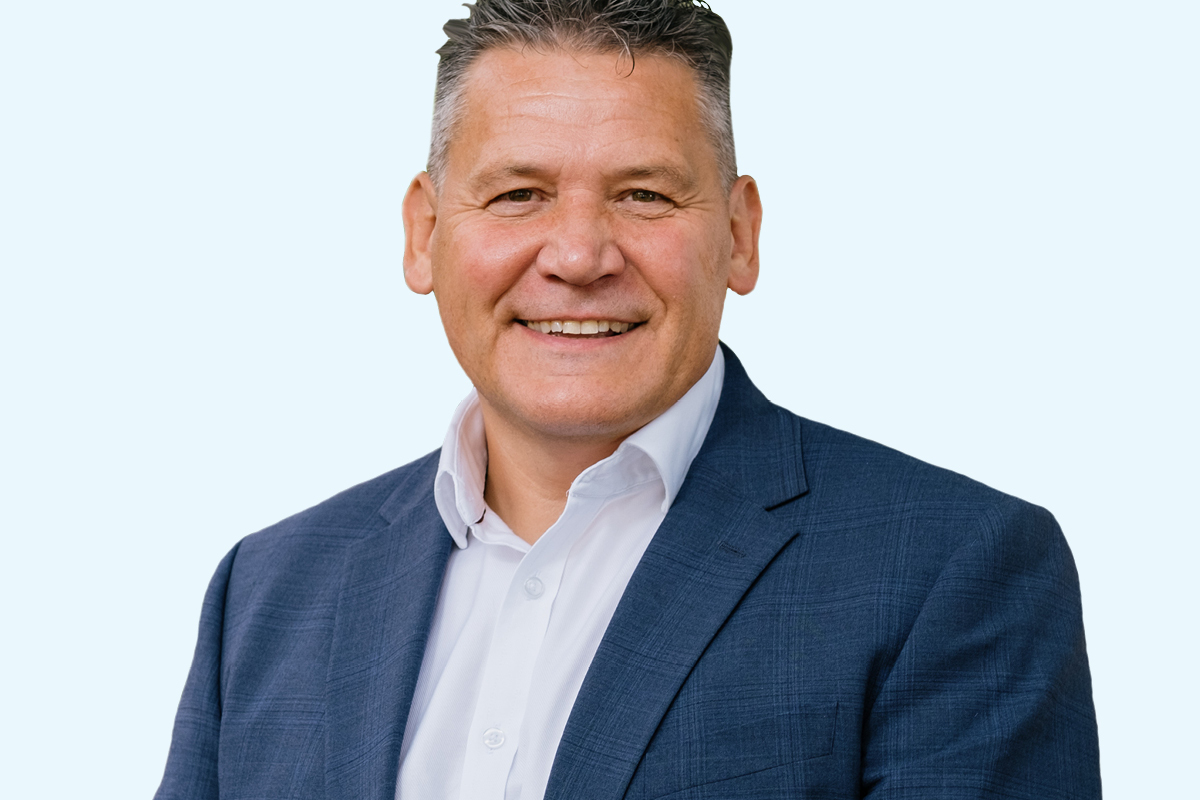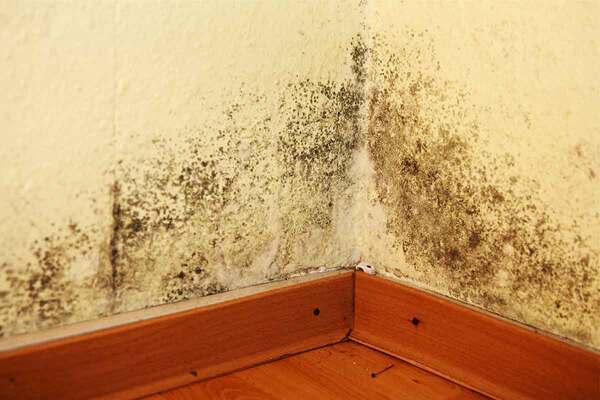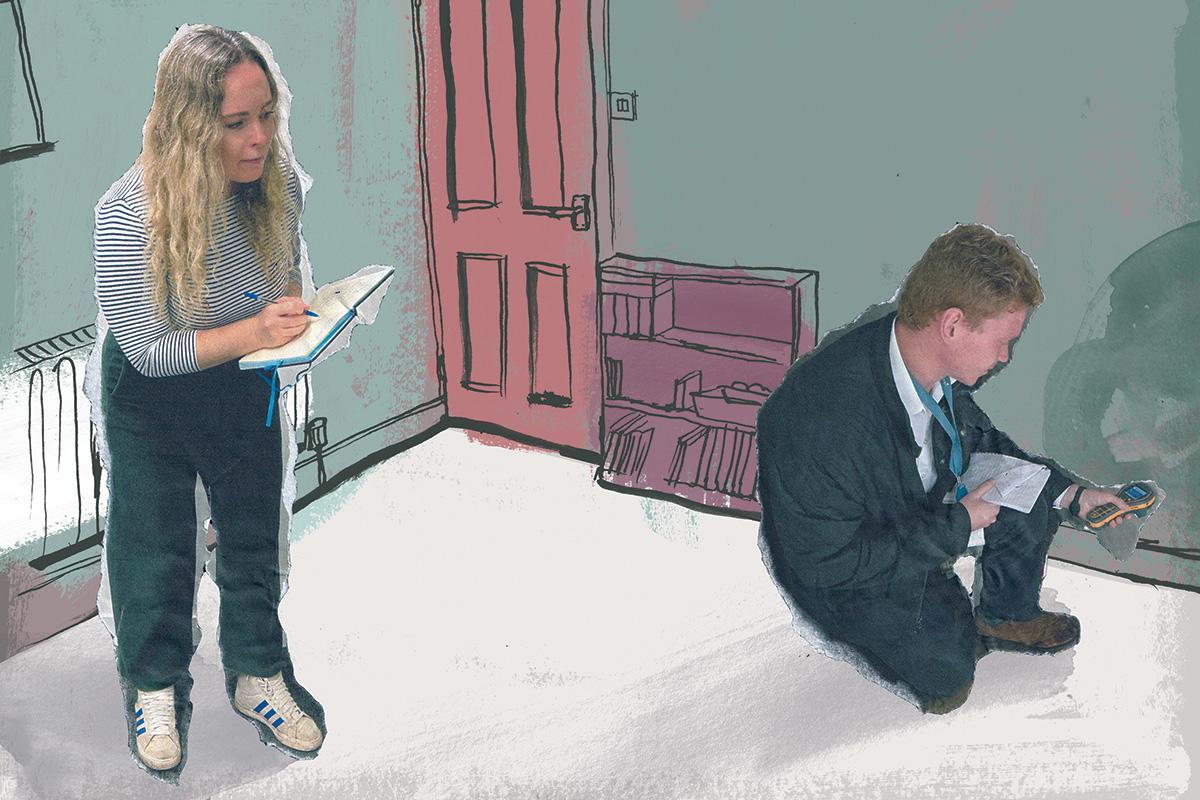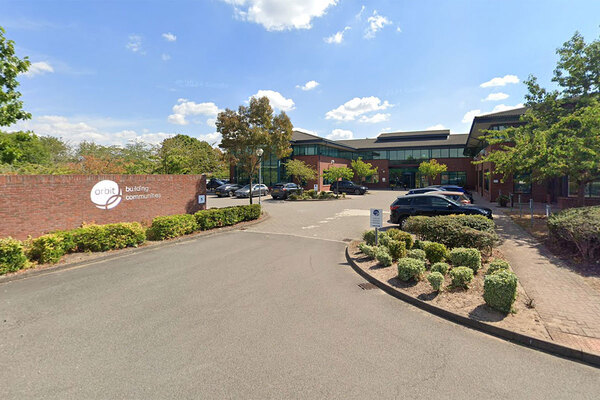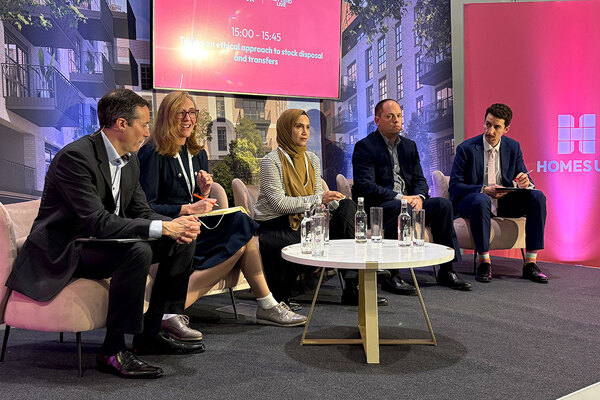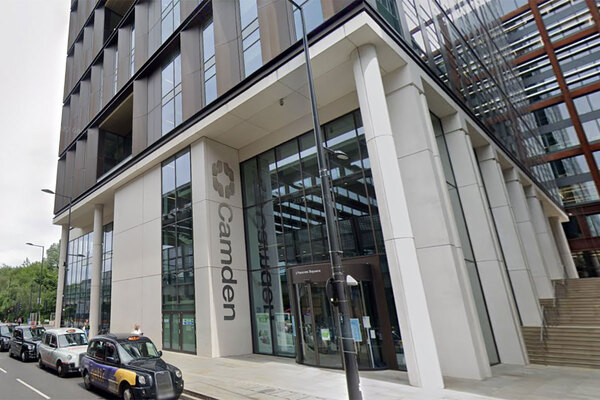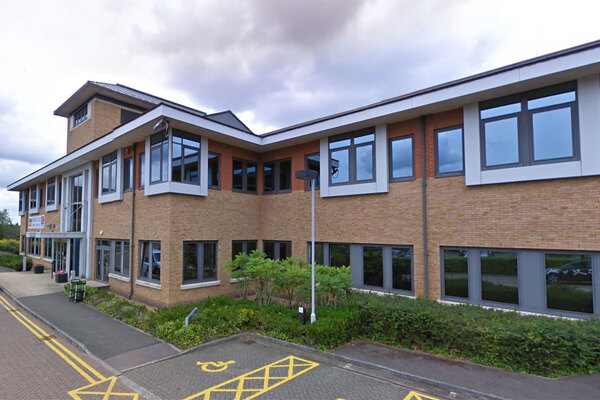You are viewing 1 of your 1 free articles
Our homes need to do more than just meet the Decent Homes Standard
We need long-term stability from the government so we can improve our homes and services, writes Neal Ackcral, chief operations officer at The Hyde Group
The English Housing Survey 2022 to 2023 highlighted that more than one in 10 children are living in non-decent housing across all tenures.
In 2022, 15% of homes failed to meet the Decent Homes Standard (10% of social housing), while 8% (4% of social housing) had a Housing Health and Safety Rating System (HHSRS) Category 1 hazard. Additionally, 4% of homes had a problem with damp; cases in private rented homes rose from 7% to 9% between 2019 and 2022.
Ensuring the homes we provide are safe and in good condition is our top priority. That’s why we’re spending more on the homes and services we provide. In the next five years, we’re planning to spend more than £1.7bn to maintain and improve our homes and provide better services and support to our customers. This year, 98.3% of our homes met the Decent Homes Standard.
But the standard is outdated – lifestyles have changed since it was introduced, and customers’ expectations are rightly higher. For example, tenants would like homes to be carpeted when they move in. While this is something we’d like to do, it is costly and unaffordable for many social landlords.
The Awaab’s Law consultation, adding further requirements into the Decent Homes Standard around emergency timescales, began in January 2024. Proposals include making kitchens, bathrooms and heating standard criteria in their own right. While we welcome the review and believe it’s the right thing to do, changes will inevitably increase costs, at a time when the sector faces huge financial pressures. The government has confirmed that consultation on the new Decent Homes Standard will start in early 2025.
Rent caps have removed at least £32m from our budgets each year, so we have less to spend on homes and services. For the first time I can remember, the costs of our core business operations are at risk of not being covered by our rental income.
We’ve made significant changes to improve our housing and repairs services to address these issues, bringing more repairs in-house. This has reduced costs and gives us more control and flexibility over timescales, as well as helping us ensure we provide a consistent high-quality service.
We’ve also introduced a new approach to preventing and tackling damp and mould. Like others, we take the issue extremely seriously and have increased investment in recent years, including proactively dealing with issues to prevent damp and mould from happening in the first place.
Last year we carried out about 10,000 stock condition surveys, almost double the year before, and we’re committed to surveying all our social rent homes every five years. As well as checking that homes meet the Decent Homes Standard, surveys include an HHSRS assessment to identify any Category 1 and Category 2 issues, so we can fix them as quickly as possible.
Surveys also help us plan our stock investment programmes. They include energy efficiency assessments, which support our drive to improve the sustainability of our homes and checks of key components, to ensure our customers remain safe in their homes.
“To continue this work and do more for our customers, ensuring they have the decent homes they deserve, we need long-term commitments and stability from government”
To continue this work and do more for our customers, ensuring they have the decent homes they deserve, we need long-term commitments and stability from government. Unfortunately, housing policy has become fragmented, underfunded, and as a result, unrealistic.
And while we welcome the announcement in this year’s Budget of a consultation on a new Consumer Price Index (CPI) plus 1% rent settlement over five years, even a CPI+1% commitment over 10 years won’t address the impact of the imposed rent cap. Our ability to raise standards and meet customers’ expectations will be significantly hindered until this is addressed.
We know the government has good intentions to renew the Decent Homes Standard, alongside recent changes to building safety legislation and the upcoming Awaab’s Law. However, any changes must be delivered as part of a government-driven, long-term plan for housing that considers all the affordable housing challenges and objectives in the round. This will make it easier for housing associations to do the best for their customers, enabling them to invest in homes and plan for the future.
Neal Ackcral, chief operations officer, The Hyde Group
Sign up for our asset management newsletter
Already have an account? Click here to manage your newsletters

